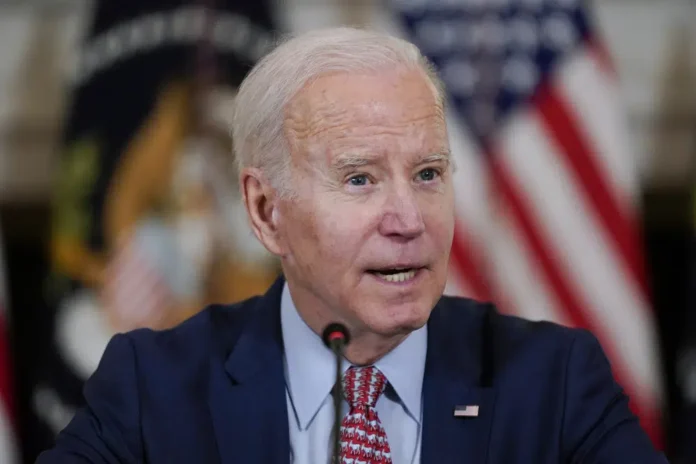WASHINGTON(Reuters)-The message that President Joe Biden warned China’s President Xi Jinping about China’s dependence on Western investments after meeting with Russian President Vladimir Putin will have a significant impact on the development of world affairs. This critical analysis explores key aspects of the situation and aims to explore the underlying motivations, possible outcomes, and the broader picture of US-China relations.
Biden’s message to Xi can be seen as a subtle power struggle in the broader context of great power competition. By highlighting the impact of geopolitical tensions on Western investment in Russia, Mr. Biden aims to bolster U.S. influence and caution Chinese leaders. This highlights the escalating rivalry between the United States and China in their struggle for global economic supremacy. Economic interdependence:
This cautionary tale highlights the interconnected nature of the global economy, with China’s economic growth heavily dependent on Western investment. Mr. Biden’s observations highlight the potential influence of the West on China’s economic stability. It also reflects the evolving Western approach to using economic ties for geopolitical advantage.
References to national security issues such as Taiwan, Russia’s actions in Ukraine, and bans on advanced technology exports show the complexity of tensions between the United States and China. Biden’s warnings are a reminder of growing U.S. concerns about China’s hardline policies that challenge Western security interests. This reflects the broader picture of the changing security environment in the Asia-Pacific region.
President Biden’s comments about Xi’s reaction, or lack of reaction, show that the two sides have different diplomatic approaches. Mr. Xi’s decision to listen rather than debate may signal a cautious stance aimed at avoiding further escalation. It also suggests that China is carefully weighing options to navigate the complex web of international relations and protect its interests.
The warning could further strain US-China relations. This highlights growing tensions and challenges in finding a balance between economic cooperation and geopolitical competition. The embassy sets the stage for a more confrontational approach that could affect not only the economic but also diplomatic relations of the two great powers.
This warning message has implications for the global economic order beyond bilateral relations. It is a reminder of the influence of the West and their ability to shape the economic landscape. Tensions between the United States and China have far-reaching implications for other countries that must manage a delicate balance between the two countries.
President Biden’s warning message to Xi reflects the complex dynamics of an evolving world order that intersects economic interdependence, national security concerns, and great power competition. The message has implications for US-China relations and highlights the changing nature of the two countries’ engagement. It also highlights its far-reaching impact on global economic and diplomatic exchanges. As the United States and China shape their relationship, careful diplomatic and strategic decisions will be essential to prevent further escalation and maintain stability in an increasingly interconnected world.






